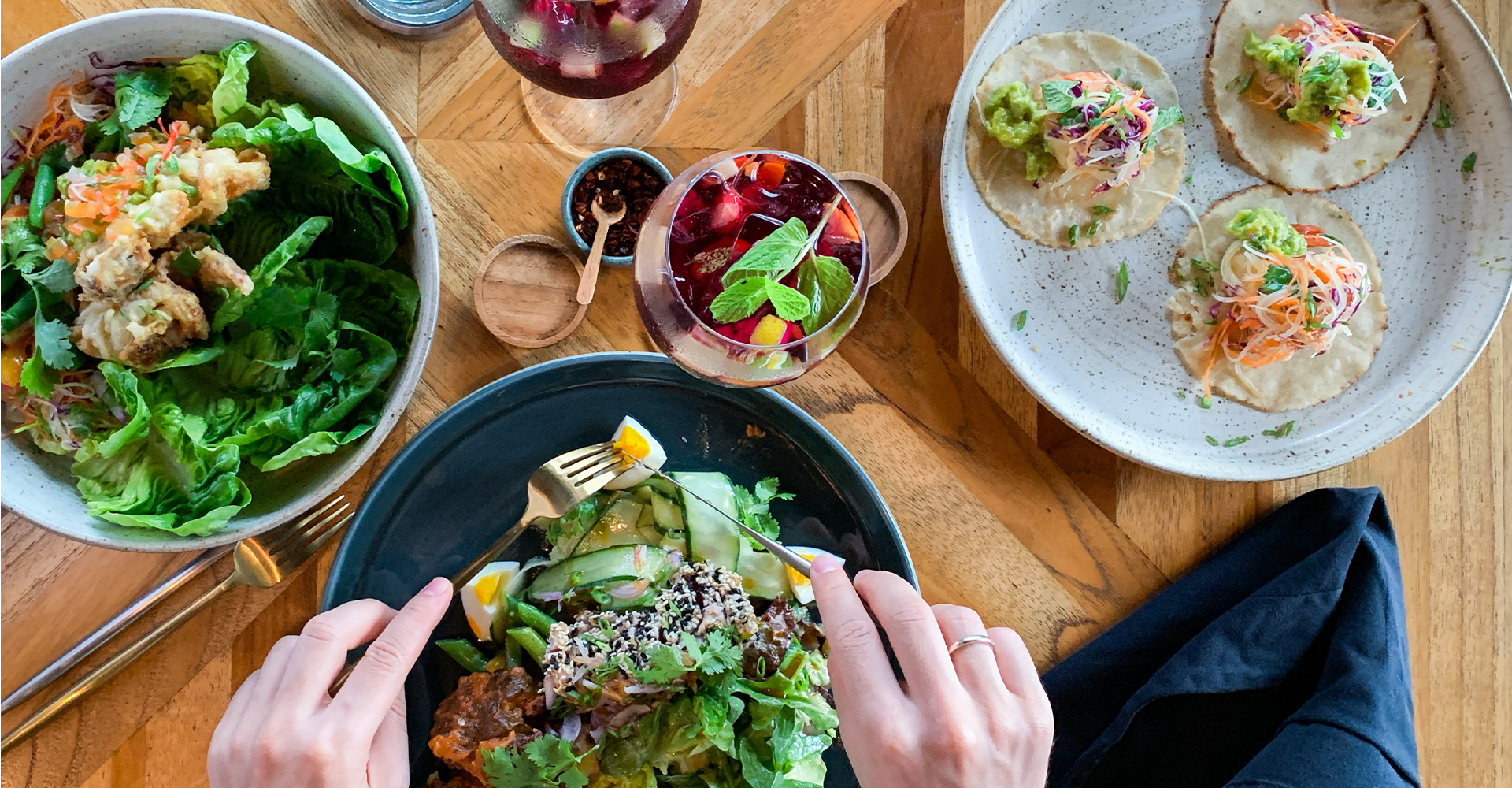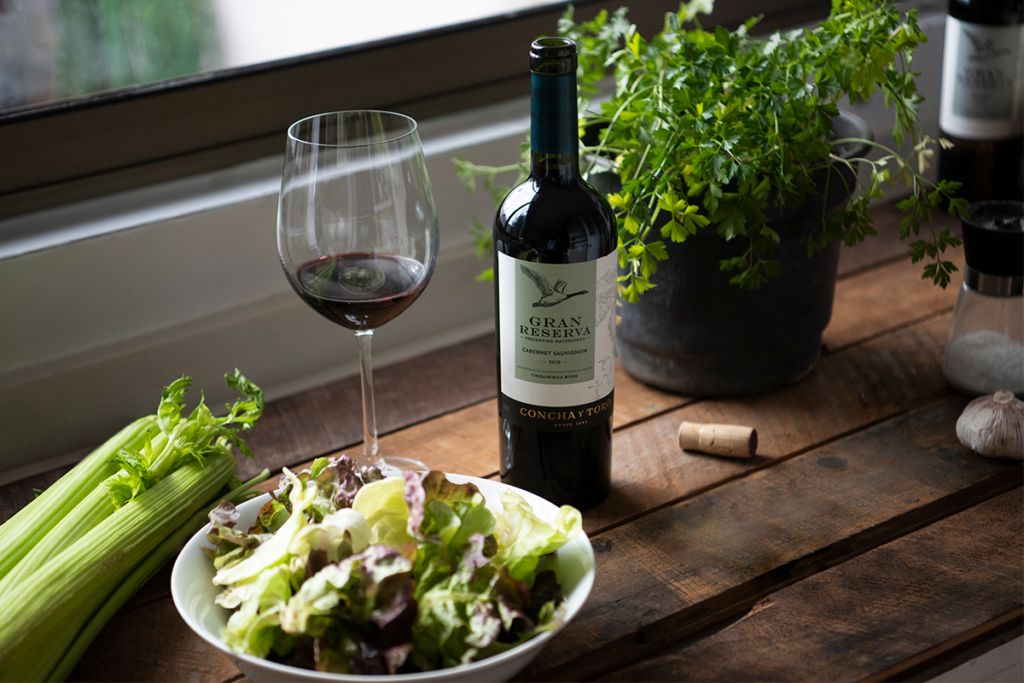Five must-read books on healthy eating


Tim Spector is an epidemiologist pioneering a new approach to nutrition, encouraging people to forget counting calories and become aware that the microbiota is crucial to our health. He did this in 2015 with the book The Diet Myth and then in 2020 with Spoon-Fed.
Food for Life, released in October of this year, is a 500-page book that offers the development of ideas and a wealth of other information. It is an empowering and practical book that serves as a guide to the new science of eating well.
Based on more than ten years of scientific research, among other things, he explains the importance of eating a range of at least 30 different vegetables a week, including seeds, nuts, herbs, and spices, to feed our microbiota (and thus process those healthy foods). You will also learn how certain foods are more nutritious if eaten together, like corn and beans or the combination of “a glass of red wine a day with friends.” A fascinating book that you can’t miss.
Available here.
Under the English expression “Let’s Go Nuts,” nutritionist and plant-based chef Estella Schweizer celebrates nuts by presenting them as a star ingredient in 80 vegan recipes.
Rich in protein, healthy oils, fiber, and minerals, this book plays with nuts to give them prominence and provide valuable information, seeing them more than a snack or salad crunchiness.
In addition, depending on the season, it offers delicious recipes to prepare at home and incorporate this superfood into our diet. Asparagus with peanuts or chili with mango pair perfectly with a Gran Reserva Sauvignon Blanc. Or pumpkin and lentil lasagna stuffed with cashew bechamel sauce to accompany a glass of Gran Reserva Carmenère are some of the preparations captured in beautiful images by photographer Winfried Heinze. A book filled with feel-good recipes.
Available here.

Although it is not the latest publication of famous journalist and food writer Michael Pollan, we cannot fail to mention Saber Comer because it is a very easy-to-digest and highly relevant book.
Under the premise that eating should not be complicated, the author provides 64 rules (one per page) to help readers make their daily decisions about eating simpler and wiser. The book wanders through concise explanations based on diverse traditions, bringing out more than a few chuckles. “If it’s served through a car window, it’s not food” or “Don’t eat anything that didn’t look like food to your great-grandmother” are some of the rules that have become bestsellers.
Available here.
Are vegan diets healthier? Is it wise to limit carbohydrate intake? Is it bad to skip meals? Why are legumes and grains good for you? How can I increase the diversity of my microbiota? Why do women have strange cravings when they get pregnant? These are some of the questions this book helps answer while debunking false myths and empowering you to eat healthily.
It also covers many other topics, such as intestinal bacteria, intermittent fasting, weight control, vegan diets, and more, through questions, answers, and informative graphics. The idea is that, with the information obtained, readers can choose the diet that suits them best.
Available here.
Respected Spanish nutritionist and author Aitor Sanchez offers this essential read where he reflects on how we arrived at the most significant environmental crisis of all time.
Under the premise that human beings are destroying the planet and that food is one of their weapons, it establishes how our way of feeding ourselves is directly related to climate change. Carbon footprint generated by food transportation, plastic packaging, intensive livestock farming, and monocultures, among others, are part of the cause.
The author calls for promoting a change towards more responsible and balanced consumption, in addition to developing the issue of sustainable food through certified products. Gran Reserva Cabernet Sauvignon, for example, is a Chilean wine with multiple certifications that endorse its sustainable spirit.
Available here.
We comply with the highest standards of verified social and environmental performance, transparency, and legal responsibility to balance benefit and purpose.
We adopt an Impact Business Model, creating beneficial links between business, community, and environment.
The Gran Reserva vineyards are an important part of the project to conserve native forest areas and protect local biodiversity. Our native forests have the ability to retain rainwater and control the kind of climate change that results from water shortages.
We take care of 1,432 hectares of protected forests and, on average per vineyard, a total of 105 species of fauna and 48 species of registered flora.
Our effort to preserve nature begins with responsible water consumption. 99% of the water we use comes from surface and subterranean sources.
Our vineyards are drip irrigated, which translates to a 90% efficiency on water consumption, and over the past 3 years, we’ve reduced our water footprint by 10%.
All of our winemaking processes require the use of energy. Our choice to invest in clean, renewable energy reflects our desire to co-create a sustainable planet for the future.
100% of the electricity used to make the wines in the Gran Reserva collection come from renewable sources, including solar energy.
Concha y Toro has been certified under the Wines of Chile Sustainability Code since 2012, which means that our vineyards are officially recognized as sustainable vineyards.
The wines in our Gran Reserva collection are crafted entirely from estate-owned grapes in sustainably managed vineyards.